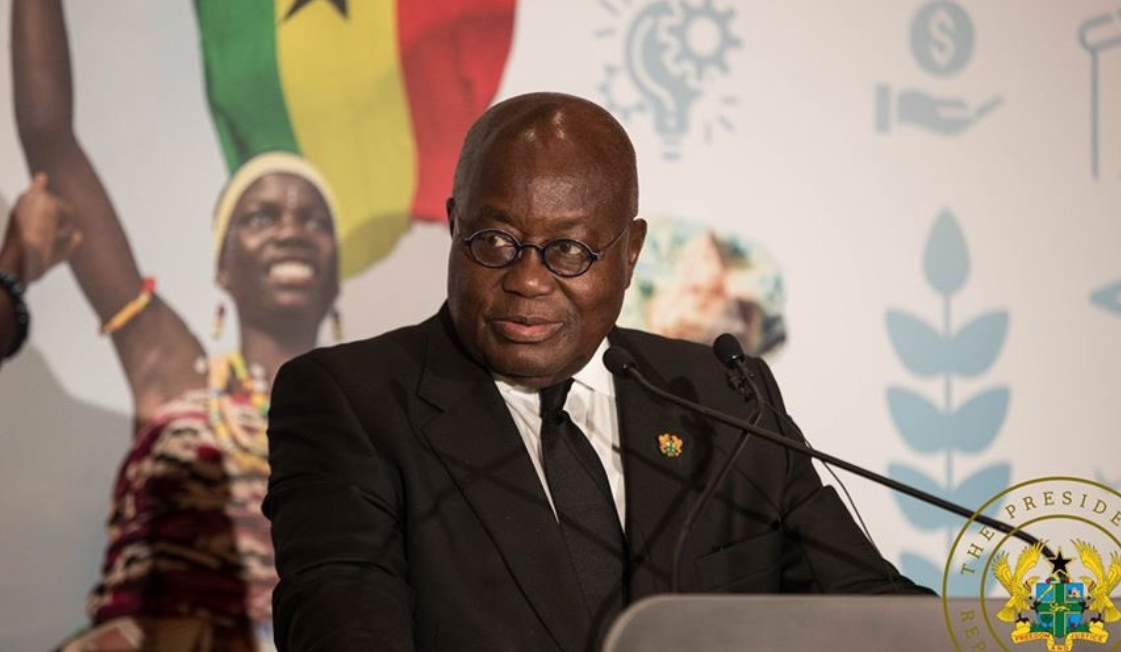On August 19, 2024, Ghanaian President Nana Addo Dankwa Akufo-Addo officially launched the first phase of the ambitious Petroleum Hub Project during a groundbreaking ceremony in Nawule, Jomoro, Western Region. This major undertaking, with a projected total cost of $12 billion, marks a pivotal moment in Ghana's quest to become a significant player in Africa's energy sector.
The Petroleum Hub Project is set to unfold in three phases, encompassing:
A 300,000 barrels per day (bpsd) refinery
A petrochemical plant
Extensive storage and port facilities
The initiative aims to address Ghana's energy needs and promote long-term economic growth through a diversified, modern, and financially sustainable energy economy.
Economic Impact: The project is expected to create approximately 780,000 direct and indirect jobs, contribute to stabilizing the national currency, and stimulate local economic development.
Environmental Considerations: President Akufo-Addo emphasized that the hub will incorporate advanced technology and green buffers, aligning with global sustainability standards. The aim is to create a benchmark for crude and petroleum product pricing in Africa.
Social Benefits: The project includes an allocation of GH¢200 million for land compensation to affected communities, recognizing the contributions of the Chiefs and people of Jomoro who have provided land for the initiative.
Training and Development: The Ministry of Energy will oversee the training of 200,000 Ghanaians—skilled, semi-skilled, and unskilled—in preparation for the project, with a focus on local employment.
Strategic Importance
President Akufo-Addo underscored that the Petroleum Hub Project will complement existing regional refineries and serve the African Continental Free Trade Area (AfCFTA) market. He expressed confidence that the project would enhance Ghana's energy infrastructure while supporting environmental and economic objectives.
Consortium and Future Plans
The first phase will be led by the TCP-UIC Consortium, chosen for its technical expertise and financial capability. The project is also expected to establish the Jomoro Petroleum Hub Development Corporation (JPHDC), headquartered in Jomoro. President Akufo-Addo assured the consortium of full government support and called for continued collaboration from all stakeholders.
The Petroleum Hub Project represents a bold step towards Ghana’s energy independence and economic diversification. As the nation embarks on this transformative journey, the project stands as a testament to Ghana’s commitment to sustainable development, job creation, and economic growth. The collaborative efforts of government, local communities, and private sector partners will be crucial in realizing the project's vision and securing a prosperous future for Ghana.











